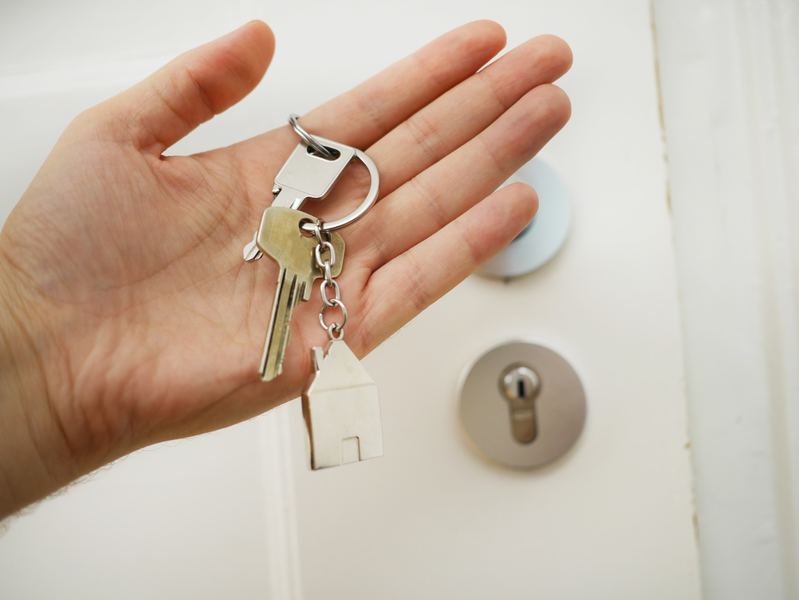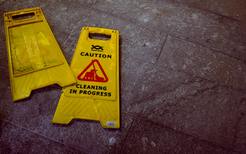A
lot of people have questions about the process and timeline for their real estate purchases, especially first-time homebuyers. The exact timeline on every purchase is different. The timeline depends on many different factors, including whether you are dealing directly with a lender or mortgage broker, how much time you have given between your deal becoming firm and your closing date, and how busy all the involved parties are to get everything done. While every transaction is different, a lot of the steps are the same – and you can get a rough idea of what is happening from the point your offer becomes firm to the moment of closing. ‘PART ONE’ reviews the process up to two weeks prior to closing.
Once you have a conditional agreement or a firm agreement, you should take the following first steps:
• Advise your realtor which lawyer you will be using, so that they can make sure they get a copy of your agreement.
• Notify your mortgage broker or lender which lawyer you will be using, so that they can make sure to send the instructions from their back office.
• Contact the lawyer and advise them to expect your agreement. This will give them the opportunity to fit your transaction into their schedule and get any information they will need from you. This also gives you the opportunity to get an idea of the potential closing costs for your transaction to work into your budget. This would be a good time to let them know if you have any special needs around the time of closing, such as a planned vacation, or a work schedule that requires specific appointment times.
Two weeks or more before your closing date, you will be doing a lot of the leg work to get everything ready for your closing:
• Ensure that all your mortgage conditions are met, and that you have signed all the required papers for your lender. Once everything is signed, the documents will need to be sent to the lender’s back office/mortgage centre who will then prepare and send documents to your lawyer. If these documents are signed too close to the closing date, the papers may not arrive to the lawyer in time, and lead to extra fees or delays for your closing date.
• Make sure that you have provided all required information to the lawyer. Most of the work in the lawyers office happens in the two weeks leading up to your closing, so it is very important that they have what they need from you to get things done in that two-week span. Our office sends out a document by email for clients to provide us all the information we need to prepare their file and we ask to have that form returned at least 10 days prior to closing.
• Make the arrangements for your house insurance (fire insurance). Your lawyer will need to get a proof-of-coverage document from your insurance company, so it is important that they both know who the other one is.
• Contact the parties who need to know about your move. Do you need to arrange movers or a moving truck? Do you need to set up mail forwarding from your old address? Have you contacted all the utility companies to set up your accounts and arrange for meter readings as of your closing date?



